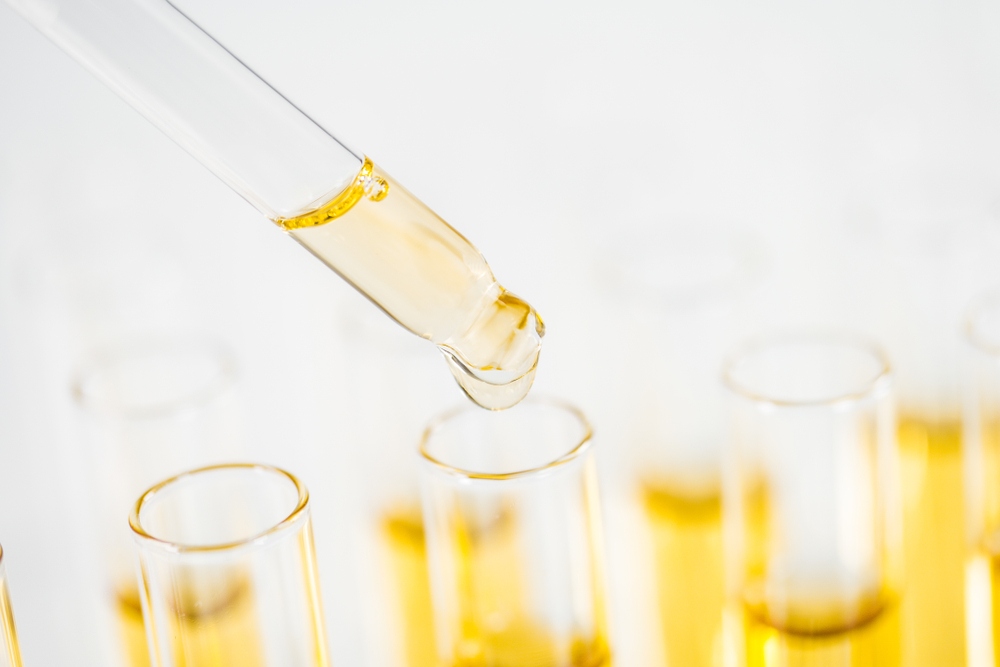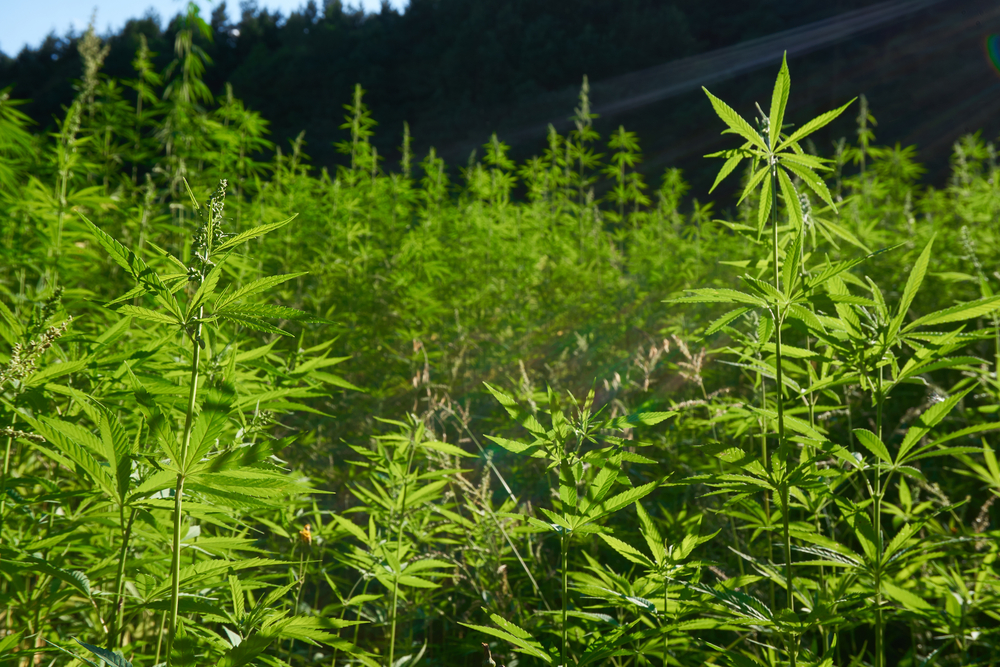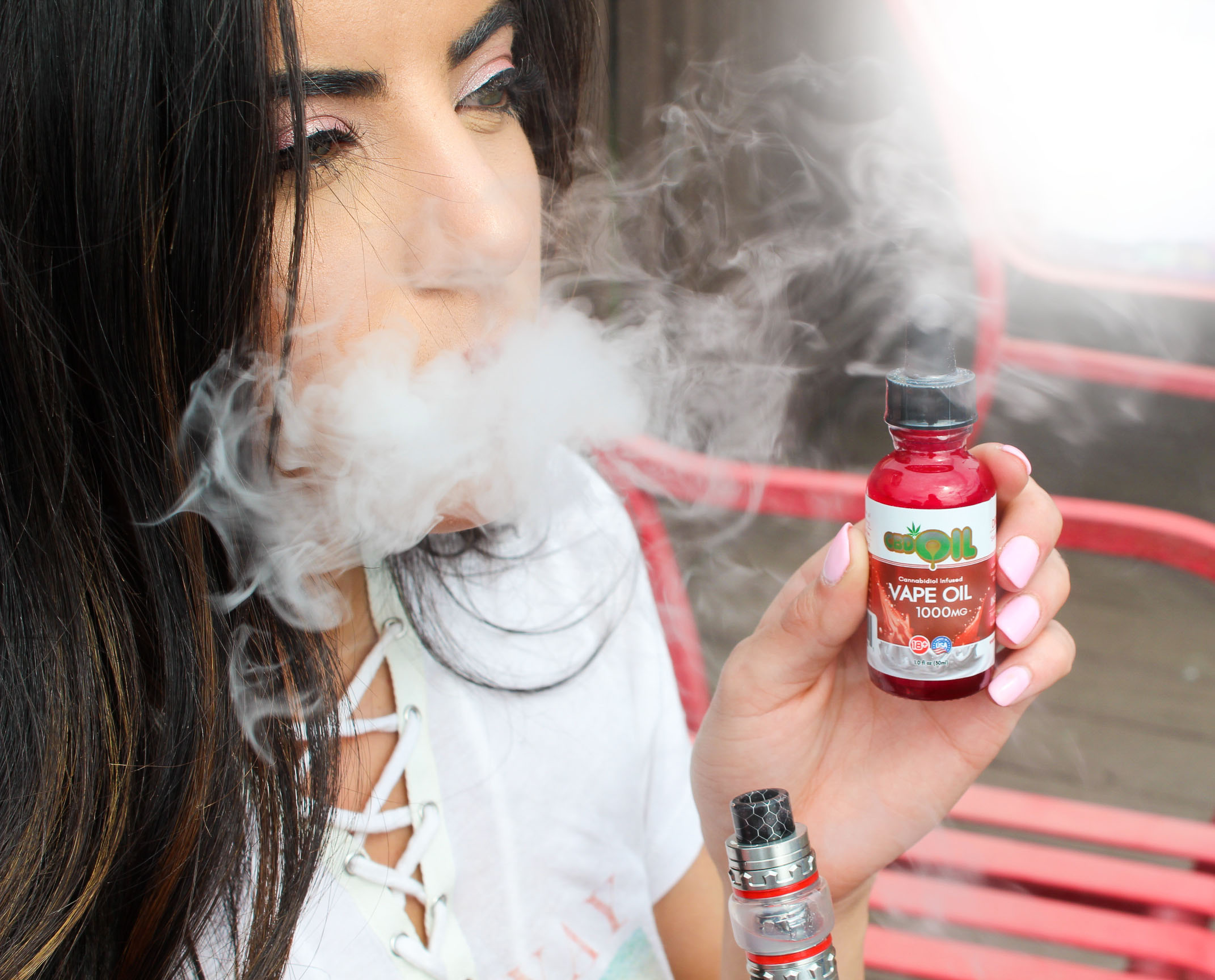No Products in the Cart
FREE EXPRESS SHIPPING US ORDERS OVER $50 | COST AT CHECKOUT.
LEARN MORE FROM OUR BLOGS HERE.
FREE EXPRESS SHIPPING US ORDERS OVER $50 | COST AT CHECKOUT.
LEARN MORE FROM OUR BLOGS HERE.

Cannabidiol (CBD) has taken the health supplement and pharmaceutical industry by storm. Although CBD research is far from finished, many medical and health-conscious consumers are using CBD to treat a variety of ailments.
The 2018 Farm Bill gave states the ability to set up pilot CBD research programs to study industrial hemp, the main source of many CBD products. Despite the groundbreaking bill, there are many CBD research obstacles like long and complicated registration processes and the Schedule I status of non-psychotropic components in cannabis (e.g. CBD).
CBD research continues to trickle in from state universities and abroad to pave the way for even greater mainstream acceptance and additional controlled research studies of CBD. Here's the latest in CBD research.

A study published in the journal Molecular Pharmaceutics found that CBD could be used as a "Trojan horse" to help sneak medications across the blood-brain barrier (BBB) in mouse brains. The BBB is a semi-permeable layer of tightly-packed cells lining capillaries in the brain that blocks certain substances from entering or exiting. Fortunately, the BBB allows compounds like glucose, amino acids, and neurotransmitters like endocannabinoids.
Researchers used this knowledge to slip drug nanocarriers into mouse brains by attaching CBD on the outside surface of lipid nanocapsules. Inside the nanocapsules, researchers filled it with a fluorescent molecule to track its location.
The results showed that CBD-coated nanocarriers allowed more of the fluorescent molecule to go through the BBB than those without the CBD. When injected into the mice, CBD-nanocapsules targeted about 2.5 times more of the fluorescent substance into their brain.
A partnership between the Lambert Initiative, Macquarie University, and the University of Sydney resulted in a comprehensive review of studies that showed that CBD isolates could be used as a treatment for methamphetamine addiction. Other studies have also shown CBD's effectiveness at quelling other substance addictions like cocaine, heroin, or alcohol. Researchers are seeking Australian government approval to proceed with clinical tests.
Among a reduction of substance cravings and lower chance of relapse, researchers found the following in their review of the studies:
Israel has been a leader in medical marijuana research. Recently, an Israeli clinic released a two-year study, "Real Life Experience of Medical Cannabis Treatment in Autism; Analysis of Safety and Efficacy" at the Soroka University Medical Center. Of their 35,000 patients, they treat 15,000 with medical marijuana.
According to the research report, 41.5% of caregivers administering medical cannabis treatment to children found that the high-CBD and low-THC dose of cannabis oil produced moderate or significant improvements in the children's autism disorder. The CBD:THC dose was found to help reduce restlessness, irritability, sleep issues, and self-injury in ASD patients.
Families participating in the medical marijuana program also found that they started using other medications less. For instance, 11 of 55 patients using anti-psychotic drugs at the beginning of the study stopped taking these medications after 6 months. Families had the freedom to adjust doses as needed giving researchers real-world results.

Australian researchers studied the effects of varying doses of vaporized cannabis on 36 participants. In the study, 5 doses were given: a placebo, 8mg THC, 400mg CBD, 8mg THC and 4mg CBD, and 12mg THC and 400mg CBD. After consuming the dose, researchers analyzed the blood pressure and blood samples of the individuals.
One interesting finding was that when individuals consumed the low-CBD and THC dose, they reported higher levels of intoxication than when they took the THC by itself. This occurred more commonly in infrequent users but suggests that low doses of CBD could enhance a THC high. Additionally, high CBD doses were found to reduce the intoxicating effects of THC.
CBD research hasn't just focused on the benefits to humans. Many pet owners have reported seeing improvements in medical conditions in pets after giving them CBD products. A small study published in the journal Pet Behaviour Science found that CBD oil may help reduce the number of seizures experienced by dogs with epilepsy.
The study followed 3 dogs: a three-year-old Labrador Retriever, an 11-year-old Papillon, and a 10-year-old Chihuahua. The study followed them over the course of two months to gauge the effects of hemp-derived CBD. Dogs were given CBD twice a day on an empty stomach. Although the Papillon's condition remained the same, the other two dogs experienced an improved condition.
The pet owners reported that their dogs slept better and were less anxious than before. They even felt the dogs were happier, showed fewer signs of aggression, and led a better quality of life.

CBD research is currently underway across many state universities including the University of California in San Diego (UCSD). UCSD researchers are looking for 130 participants for their upcoming clinical studies testing the effects of CBD on schizophrenia, tremors, autism, and anorexia sometime in 2019.

Many CBD companies are infusing the compound into edibles, topicals, vapes, and more for easy consumption. Experience CBD is a CBD manufacturer based in South Carolina. Using state-of-the-art CO2 extraction, Experience CBD creates full-spectrum products that contain more than just CBD, but lots of other non-intoxicating compounds present in the plant.
Consumers have the ability to choose products based on their preferred consumption methods. Some people don't like to inhale their CBD and prefer to add it to their food or drinks. Other people require pet-formulated CBD for their furry friends. Experience CBD has a wide array of CBD-infused products including:
CBD research is uncovering new ways that the cannabinoid can help patients with a host of chronic conditions. More research is still needed to determine CBD's effectiveness, dosage amounts, and specific mechanisms of action. Until then, medical consumers must perform their due diligence when taking CBD for the first time and seek assistance from a medical professional.
Legal Disclaimer
*These statements have not been evaluated by the Food and Drug Administration. This product is not intended to diagnose, treat, cure, or prevent any disease, ailment, injury, or condition. This content is not intended to be a substitute for professional medical advice, diagnosis, or treatment. Consult with a physician before use if you have a medical condition or use prescription medications. A doctor's advice should be sought before using this product and/or any supplemental dietary product. This product should not be used if you are pregnant or nursing. Always seek the advice of your physician or other qualified health provider with any questions you may have regarding a medical condition. Never disregard professional medical advice or delay in seeking it because of something you have read on this website.